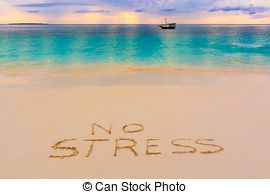OTHER people’s emotions are not my — nor your — responsibility. I don’t know about you, but while I see the sense of that statement, I have a hard time acting accordingly.
It began like this. One of my sisters lectures engineering at a university. The students are writing end-of-year exams, and one of her final year students is a young man whose brother is dying of cancer. The dying brother wants his healthy sibling to write his exams. He is hoping to see his brother graduate.
“Yes, but that is selfish,” said another sister. “Too much pressure, and he should allow his brother to say goodbye.”
“It’s not selfish at all,” I countered. “It’s thinking of the healthy brother whose life is going to go on.”
So far, so good, but then I went on; neatly shooting myself in the foot.
“Believe me,” I said, “When you are so sick you think you might die — so not even when you know you will die — one of the hardest things is that you spend a lot of time managing other people’s feelings.”
I stopped to think.
First I had intimated a pure motive — thinking of the other’s future. Then I killed it with another motive entirely — managing the other’s emotions, so that their raw grief, or anger or whatever would not impinge on mine.
Emotions, especially intense ones — love, grief, anger — they are hard to deal with when they are unbridled. I doubt many would disagree that we shy away from them because of their capacity to consume us, whether they are our emotions or others’ directed at us. They terrify.
I know I am not the only one whose knee jerk reaction is to try to manage away other people’s emotions. “You don’t get to tell me how I react to your getting cancer again,” an indignant and distraught, friend told me once.
I had no answer. I don’t think there is one. The depth of her feeling shook me. We think we want to hold another’s heart in our hands until we do. Then the responsibility of it all has us packing sandwiches in a spotted hankie.
She was right, though. None of us gets to dictate another’s emotions. Heavens, quite often we don’t even get to dictate our own.





